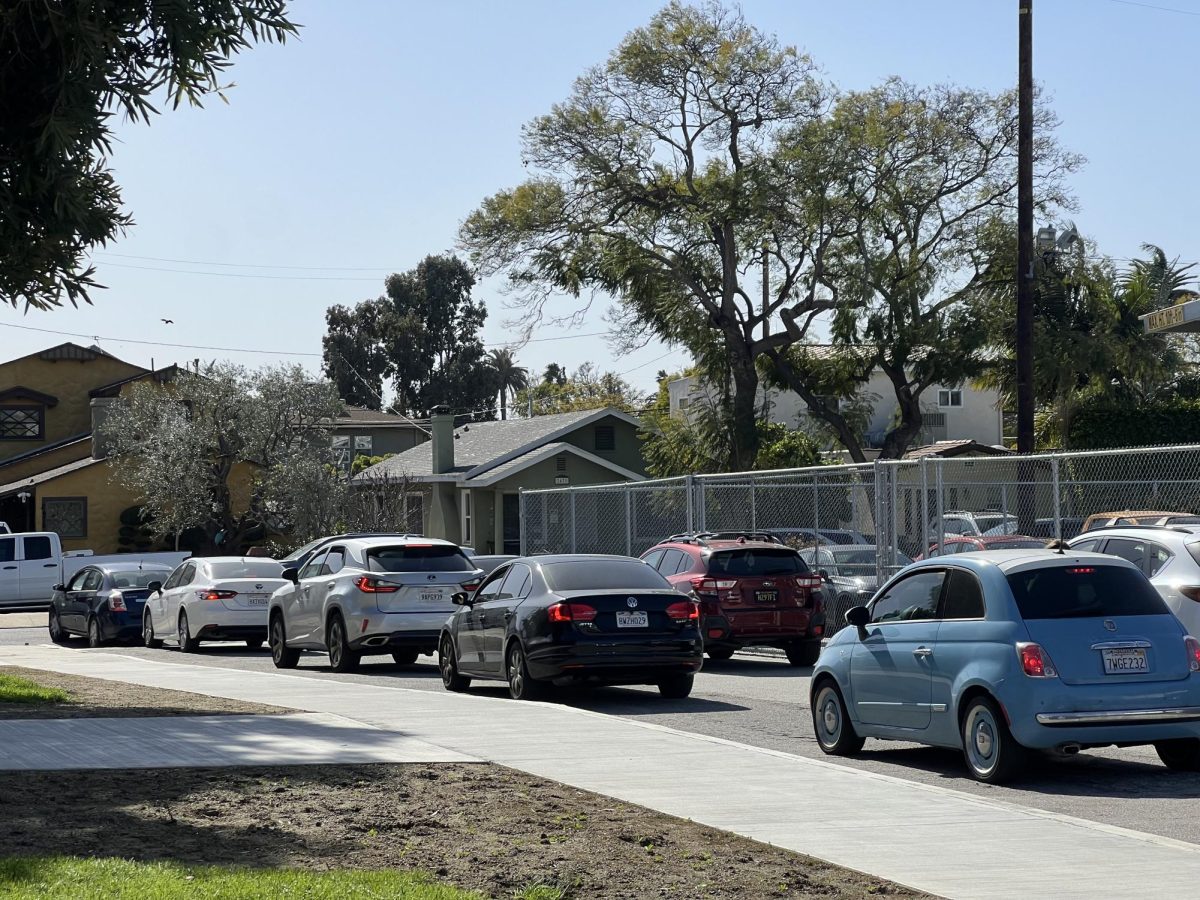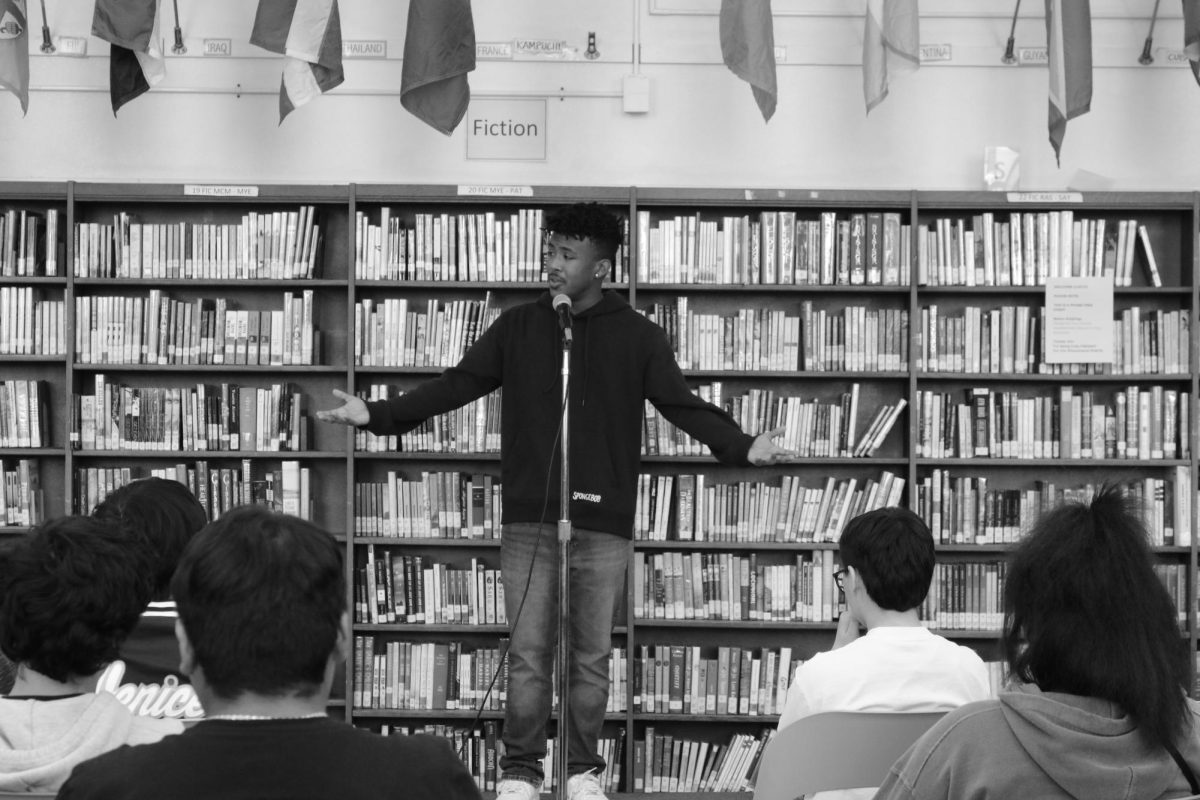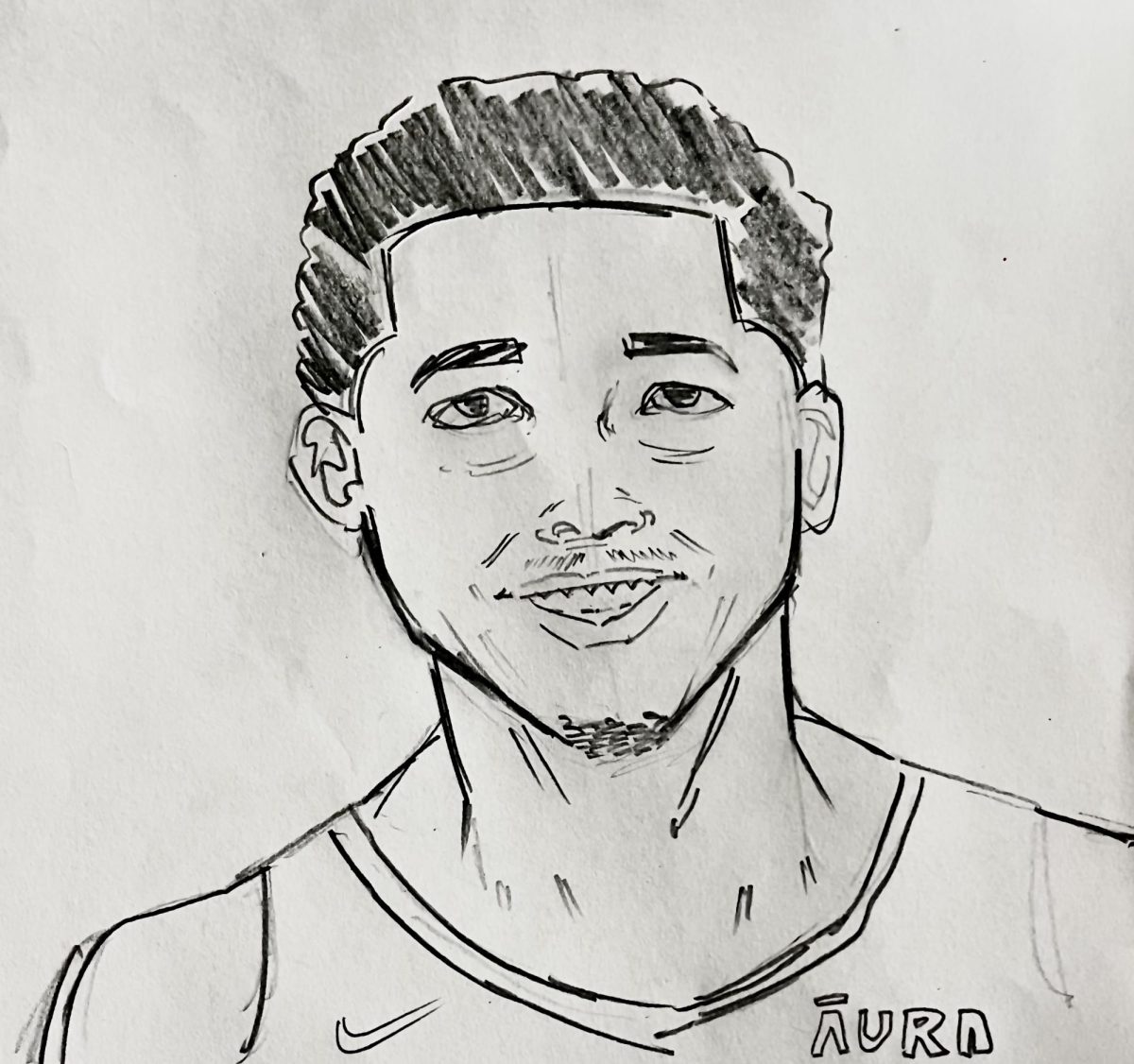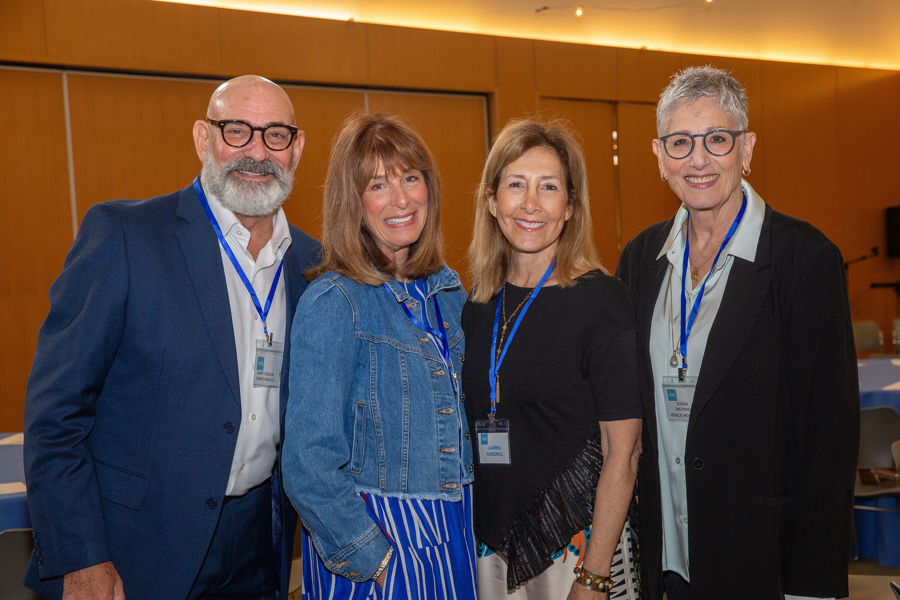The pandemic brought about significant technological shifts and learning challenges that have reshaped how we communicate and learn. However, there’s an equally critical but often overlooked aspect: mental health.
Even though it was more than three years ago, many significant impacts have left lasting effects on individuals’ mental health, according to BSAP psychiatric social worker Charly Paap.
“Kids are more anxious and depressed now than they were before the pandemic,” she said.
The shift to online learning was especially challenging due to the social restrictions it imposed. Many of us found ourselves navigating as confused teenagers in an ever-changing and unforgiving world.
“COVID-19 affected their mental health very negatively, made them depressed, it made them anxious, it made them socially anxious, and made them not know how to speak to people or talk to people,” said psychiatric social worker Roxy Newman.
Teen depression affects a lot of teenagers, and since the beginning of COVID-19, this rate has only increased. Anxiety, suicidal behavior, and isolation have also significantly risen due to the commonality of depression, Newman said.
“You could see that kids are just now in 2024 trying to break free from this cycle of depression, especially
those among the LGBTQIA+ community,” she said. “Staying home was very hard because many express their identity at school, which they couldn’t do at home.”
One of the most significant challenges during the pandemic was the lack of social connection. As Paap emphasized, “Those years are crucial for peer connection, and missing out on that person-to-person interaction was a major loss.”
Senior Rosa Hernandez said transitioning back to school also had a huge impact on students.
“Interacting with others was the hardest part of the transition, or I guess getting used to high school in general,” she said.
But for others, the switch was not that challenging.
“The transition back to the classroom was not very difficult because I managed to keep myself active and not deteriorate during quarantine,” senior Evan Lin said.
Due to the effects that COVID poses on mental health, Venice High offers a variety of resources to support students’ well-being and mental health needs.
“We’re really lucky we’ve got three psychiatric social workers on campus,” Paap said. “We have an agency that contracts with LAUSD and there they come on campus and provide individual therapy to kids that we refer. So if a kid needs something consistent, we can refer them to that program.”
Venice also offers Margaret’s Place, which is a more trauma-focused intervention.
“They all see kids individually and in groups, and then that has like an open hours kind of drop-in art, and things that kids can participate in,” Paap said.
Even though these resources are available to all Venice High students, it’s ultimately up to the students themselves to seek out these resources when necessary. If you’re currently struggling with mental health and feel overwhelmed with where to start, reaching out is a critical step to one’s mental health journey.
“Talk to someone—definitely talk to someone and if you’re not comfortable with talking to people, try to find the friend that you are because just speaking about it makes it less scary,” Newman said.
“And also, we’re social creatures. It’s an art. It’s inherently our biological being to be social, take care of people and not be afraid of talking to other people, because that’s just how humans are.”
There’s nothing wrong with talking about mental health as it is becoming a more normalized topic to talk about post-COVID-19.
“And it’s not shameful to admit to having mental health issues. I think after even the pandemic, everybody understands mental health issues are very real, and very valid. So don’t be afraid or don’t feel shame in asking for help,” said Newman.








